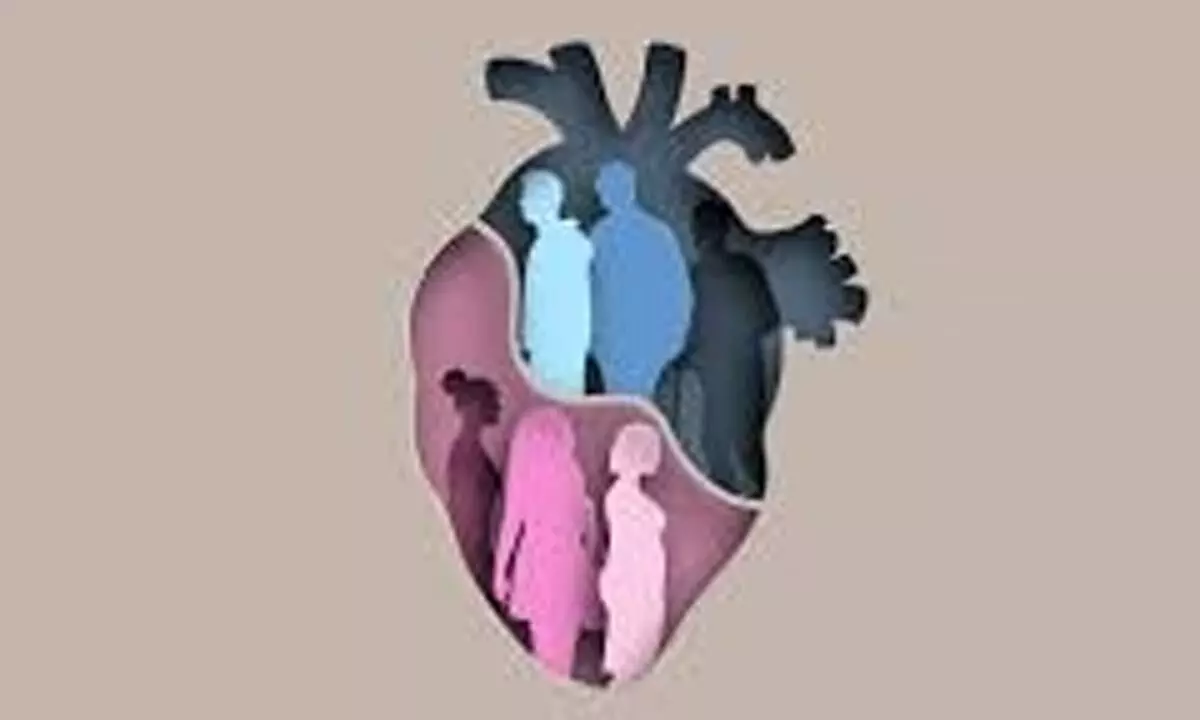How heart attack symptoms differ in men & women
Share :

Sweating, nausea, dizziness and unusual fatigue may not sound like typical heart attack symptoms, but are common in women, and may occur more often when resting or asleep, according to a study.
New York: Sweating, nausea, dizziness and unusual fatigue may not sound like typical heart attack symptoms, but are common in women, and may occur more often when resting or asleep, according to a study.
Unlike with men, pain, pressure or discomfort in the chest are not always severe or even the most prominent heart attack symptom in women. That's why women need to understand their unique symptoms while also working to reduce their risk of heart disease, revealed researchers at the Mayo Clinic.
When women experience symptoms of a heart attack, those signs often are misinterpreted. Women's symptoms often are vague -- shortness of breath, nausea/vomiting, and back or jaw pain. Other women experience dizziness, lightheadedness, pain in the lower chest or upper abdomen, and extreme fatigue.
"It's important to first recognise the risk factors of developing heart disease and then work to curb behaviours that might exacerbate that risk," said Chatura Alur, family medicine physician at Mayo Clinic Health System in Mankato.
"Some factors play a more significant role in the development of heart disease in women than what are considered the traditional risks, such as high cholesterol, obesity and high blood pressure," Alur added.
To help prevent heart disease, women should control risk factors like diabetes, mental stress and depression, smoking and sedentary lifestyle. Certain conditions, including menopause, broken heart syndrome and pregnancy complications also may increase a woman's risk for heart disease.
"Women of all ages should take heart disease seriously," Dr. Alur said.
"Many women tend to downplay their symptoms and not seek care until heart damage has already occurred and an emergency room visit becomes necessary. We want women to understand the importance of listening to their bodies, understanding what feels normal to them, and seeking care before symptoms become severe."
According to the American Heart Association (AHA), the combination of birth control pills and smoking boosts heart disease risks by 20 per cent in young women.
Women can have heart attacks without previous symptoms. About 64 per cent of women who die suddenly of coronary heart disease had no previous symptoms, the AHA said.
Risk also increases as women age and family history often plays a factor. Overeating and leading a sedentary lifestyle are also factors that lead to blocked arteries over time.
The AHA recommends checking cholesterol at age 20, or earlier in the case of family history of heart disease. It's also important to have your blood pressure checked regularly.










